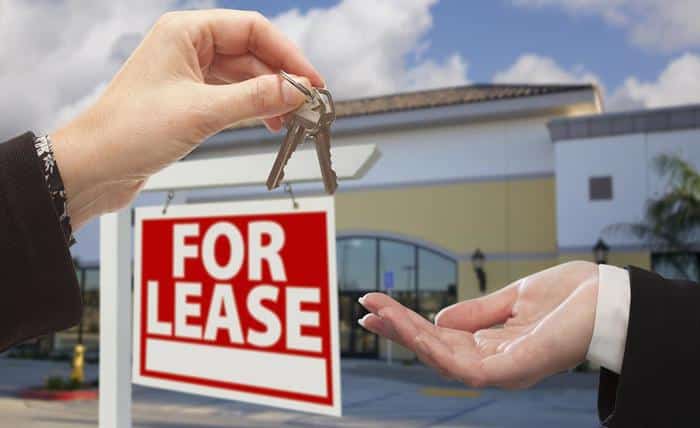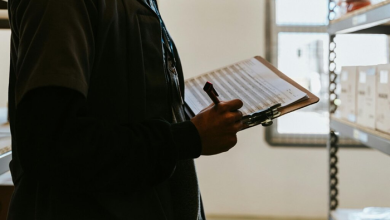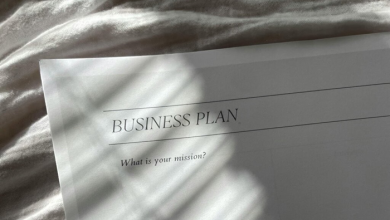
Conflicts between tenants and landlords can easily escalate into costly litigation. Most disputes around commercial property arise from vague lease terms, overlooked conditions, or simple misunderstandings, particularly regarding property maintenance and fit-out responsibilities.
When leasing a retail outlet, office, or industrial space, clarity is key. Smooth operations, or an expensive lawsuit, often depend on knowing exactly who handles plumbing, painting, and general upkeep.
Here’s how you can prevent disputes and protect your interests before signing on the dotted line, saving you time, money, and stress.
Clarify maintenance and repair responsibilities.
It’s essential to understand who handles what before signing a lease. Many conflicts occur because neither party knows who is responsible for repairs or routine maintenance.
Avoid confusion later
Imagine moving into your new space, only to find a leaking sink or malfunctioning air conditioning months later. Without clear lease terms, you could end up paying for repairs that aren’t your responsibility.
To prevent this, make sure your lease specifies who takes care of plumbing, electricity, pests, and painting. Being clear from the beginning helps you avoid disagreements and unexpected costs in the future.
Don’t assume, ask and confirm
Many tenants assume the landlord will handle all repairs, but that’s rarely the case. In most commercial leases, tenants are responsible for day-to-day maintenance, while landlords only handle major repairs if it is explicitly stated in the lease.
Always ask questions and confirm what is included. Make sure you fully understand your obligations before signing any documents. Addressing this early prevents costly surprises later.
Talk to property lawyers.
The most reliable way to avoid disputes is by consulting qualified Property Lawyers. They can review your lease, flag unclear or risky clauses, and guide you through any necessary changes before signing.
This simple step can save you thousands in future repair costs and reduce stress. Taking action early ensures you enter your lease with confidence.
Inspect plumbing systems before signing.
Plumbing is often overlooked when leasing commercial property, but it can cause significant problems. Old pipes, hidden leaks, and blocked drains in Adelaide are common sources of disputes between tenants and landlords.
Plumbing issues can cost you.
Imagine moving into your new premises and discovering slow drains, blocked toilets, or leaks causing water damage. These issues can disrupt your business operations and cost thousands in repairs, especially if your lease doesn’t specify who is responsible.
Unaddressed plumbing problems could also ruin inventory, affect daily operations, or lead to fines if regulatory requirements are violated.
Always get a plumbing inspection first.
Before signing any lease, get a professional plumber to check the entire plumbing system, including:
- Testing water pressure and pipe condition
- Inspecting toilets, sinks, and taps for leaks
- Checking drains and sewer lines for blockages
- Reviewing hot water systems and any visible rust or damage
This step helps you avoid surprises and gives proof if something needs fixing before you move in.
Work with a trusted professional.s
A thorough inspection from blocked drains plumber will give you a clear report and peace of mind. If issues are found, you can request that the landlord repair them or negotiate a better lease agreement.
Confirm fit-out and painting expectations
First impressions matter, whether you are opening a shop, office, or cafe. The condition and appearance of your commercial space can impact your brand and how clients perceive your business.
Many tenants don’t realise that fit-out responsibilities, including painting, often fall on them. Clarify what you are required to maintain or renovate if the property is poorly maintained or overdue for upgrades.
Learn your presentation responsibilities.
Before signing the lease, ask about your responsibilities regarding the fit-out and appearance of the premises. Most leases include make-good clauses, requiring tenants to repaint walls, repair holes, remove old branding, and leave the property professional and clean.
If anything is unclear, consult your landlord or Property Lawyers Sydney to avoid additional fees when you vacate the property.
Don’t leave it to the last minute.
Discuss painting and fit-out tasks with your landlord early. Ask questions such as:
- Who pays for the initial paint job?
- Are there any painting tasks required before moving out?
- Which colours or finishes are acceptable?
Get these details in writing and incorporated into your lease. Early clarification reduces confusion, saves money, and lowers stress when your lease ends.
Seek advice from a commercial painting expert.
If painting or updating the space is required, hire professionals rather than attempting it yourself. Experienced Commercial painters understand what landlords expect and can ensure the job meets lease standards.
Professional painters save time, deliver clean results, and prevent costly damage. Investing in expert painting is smart for your business’s appearance and peace of mind.




